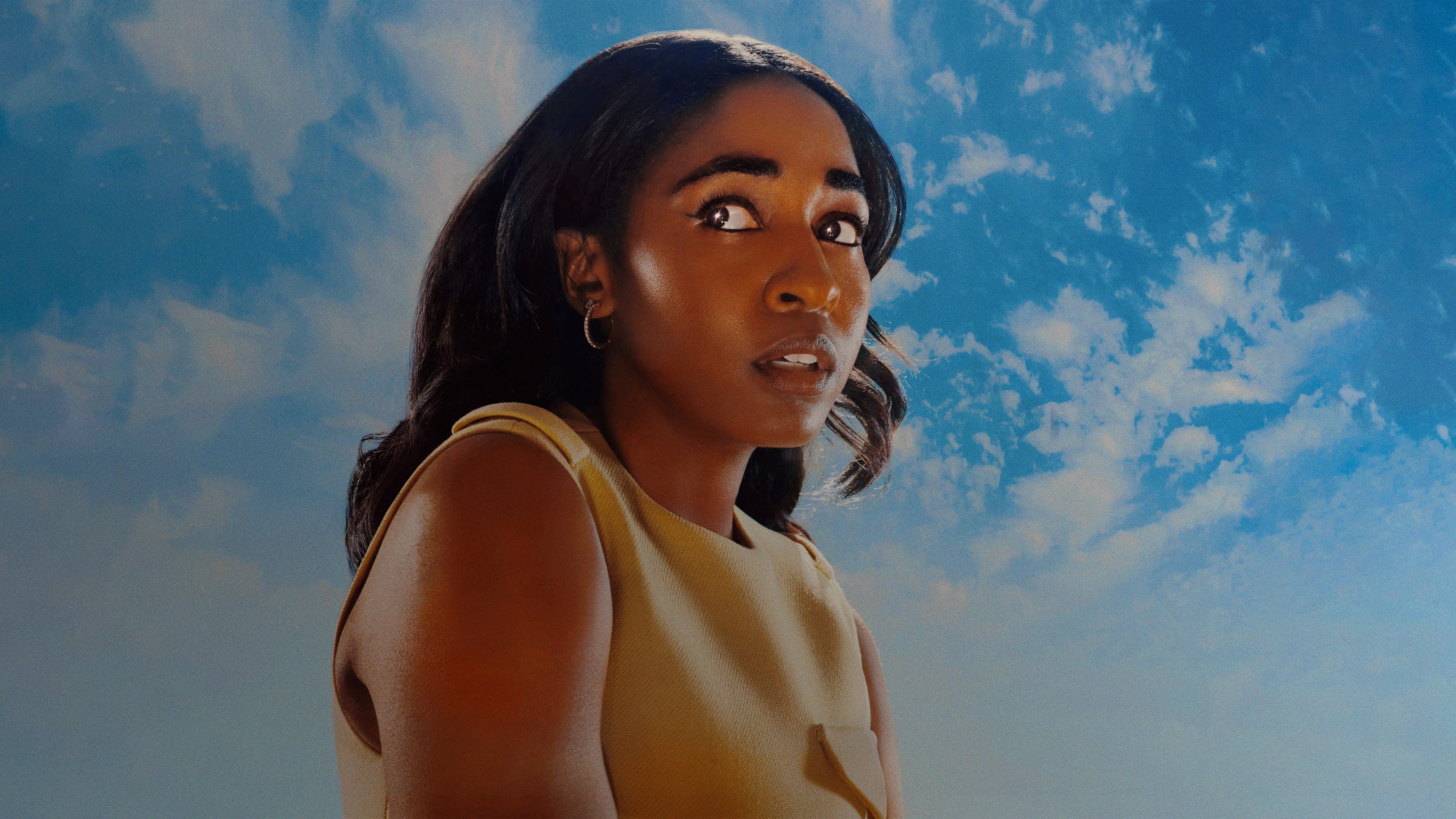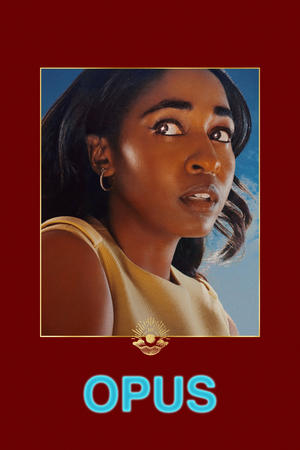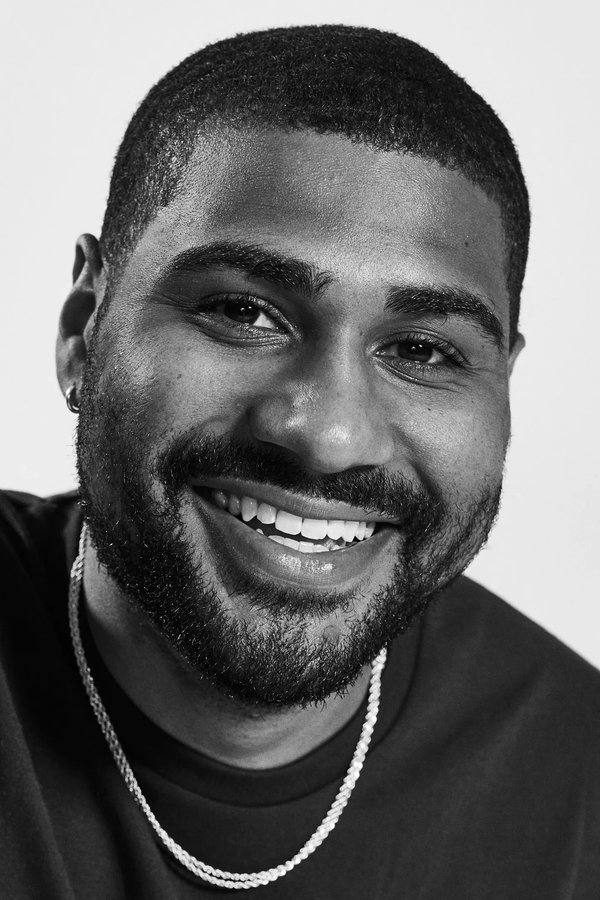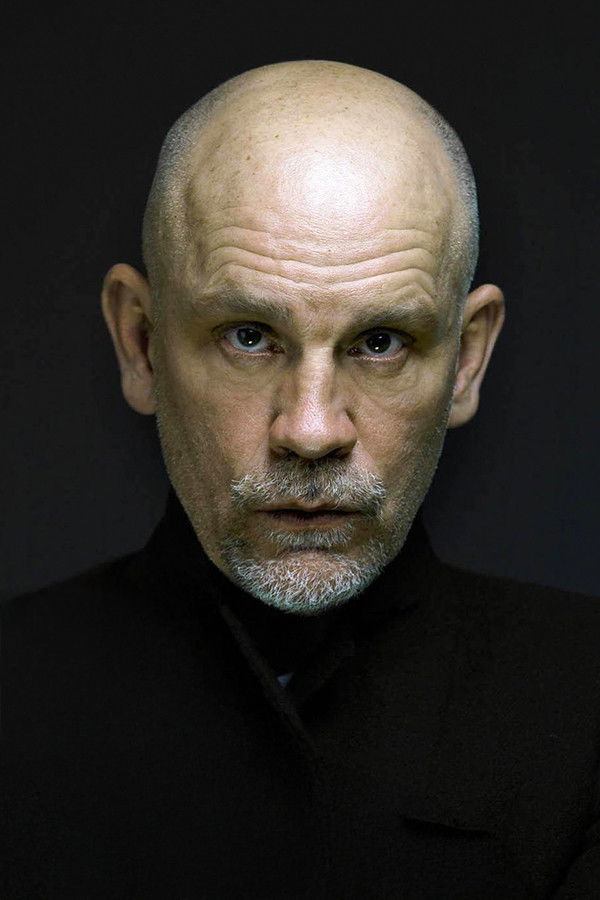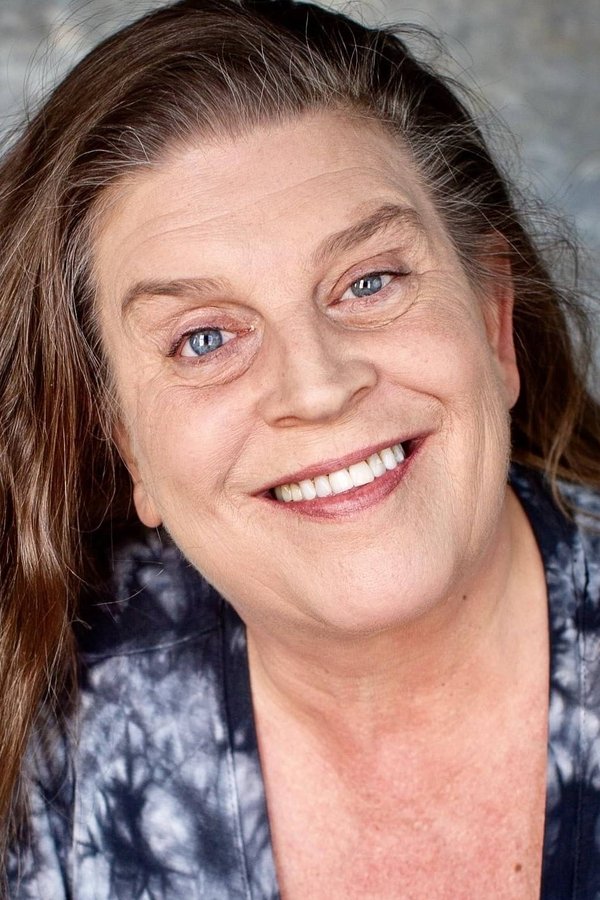Incluvie Movie Reviews


"Opus" Is Fun But Doesn't Know Its Own Motivation
Everyone wants to create their magnum opus, the work that will last long after they themselves have faded from memory. In the psychological thriller Opus, that desire is explored both from the perspective of a person who has already achieved stardom, and someone who has yet to achieve anything at all.
At the start of Opus, music journalist Ariel Ecton—played by Ayo Edibiri—is completely average. Her friend goes so far as to call her “middling”, pointing out that she grew up middle class, has an average level of talent, and never had anything interesting happen to her. It makes the general conceit of these types of movies clear: the main character is normal, a vessel for the audience to relate to.
When famous musician Alfred Moretti (John Malkovich) decides to revive his career with the release of a new album, Ariel’s world is forever changed. Moretti invites six journalists for a sneak preview at his home: Ariel, her boss Stan (Murray Bartlett), a TV gossip, an influencer, a paparazzo, and a man who publicly feuded with the singer in the past. The six embark on an hours-long journey, first by plane and then by bus, to a compound in the middle of the desert. There, people in blue call themselves the “Levelists”.
It is, of course, a cult. While the rest of Moretti’s guests are far more interested in the music, Ariel takes it upon herself to find out all she can about the Levelists. Although their ultimate goal remains unclear even at the end of the film, the Levelists believe that people need to use their right brain as opposed to their left brain and work to make creative masterpieces in order to become gods.
Pictures and Videos

Movie Information
A young writer is invited to the remote compound of a legendary pop star who mysteriously disappeared thirty years ago. Surrounded by the star's cult of sycophants and intoxicated journalists, she finds herself in the middle of his twisted plan.
Cast
Articles You May Like
A Diwali Dilemma: A Direct Inner Conversation about Minority Struggles
Mala tripped over in a company Diwali party, which led to unexpected visits and realizations.
"She Rides Shotgun" — A Gritty, Heartbreaking Father-Daughter Thriller
Nick Rowland’s She Rides Shotgun is a blistering, blood-soaked road thriller that doubles as a bruised love story between a haunted ex-con (a career-best Taron Egerton) and the daughter he barely knows (astonishing newcomer Ana Sophia Heger). Fueled by white-knuckle chases, razor-tense shootouts, and quiet moments of aching tenderness, the film captures both the terror and fragile beauty of survival. It’s gritty, heartbreaking, and unforgettable—a father-daughter odyssey destined to leave audiences shaken.
